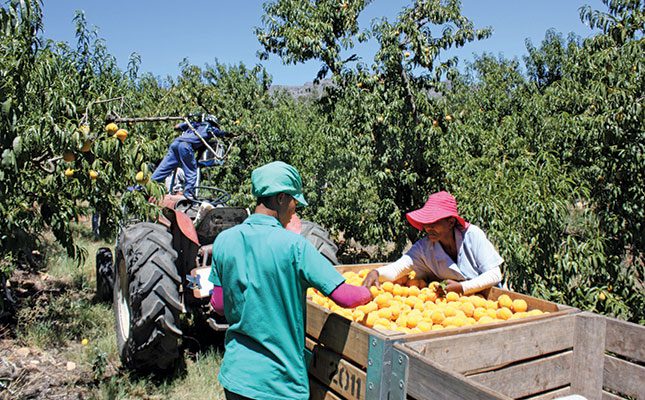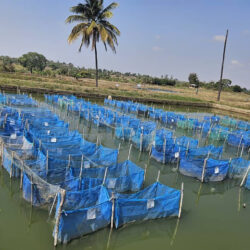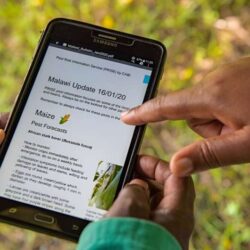By Sibhekisipho Fayayo
In a week marked by escalating tensions between Pretoria and Washington, AgriSA has criticized US President Donald Trump’s assertion that South Africa is “confiscating land.” The claim, made on Trump’s social media platform has sparked a wave of political unrest and concern within the South African agricultural sector.
Political Turmoil and Tension
Johann Kotzé, CEO of AgriSA, addressed the media on Friday, emphasizing that no land confiscation has occurred following the signing of the Expropriation Act on January 23. “To be clear, no seizures or confiscations of private property have taken place. Nor has any land been expropriated without compensation,” Kotzé stated. He further clarified that isolated incidents of land grabs and trespassing have been promptly addressed, and rumors linking farm murders to the act are both baseless and irresponsible.
Kotzé expressed concern over the negative impact the controversy surrounding the act is having on the investment climate for South African agriculture. “Farmers remain productive and committed to their operations, but the political turmoil is creating an atmosphere of uncertainty that is detrimental to investment,” he said.
Trump’s Controversial Claims
The controversy erupted after Trump claimed that South Africa was “confiscating land and treating certain classes of people VERY BADLY.” This statement has been widely condemned as false and inflammatory. South African-born billionaire Elon Musk, now a prominent figure in the Trump administration, added fuel to the fire by accusing South Africa of having “racist ownership laws.”
In response, President Cyril Ramaphosa, during his State of the Nation Address (SONA) in Cape Town on Thursday evening, declared that South Africa would “not be bullied.” Ramaphosa’s firm stance was met with applause from the assembly, signaling a unified front against external interference.
AgriSA’s Call to Action
In 2024, AgriSA had urged President Ramaphosa to either return the Expropriation Bill to the National Assembly for reconsideration or seek the Constitutional Court’s opinion on its constitutionality. Kotzé reiterated that expropriation in the public interest is a necessary function of any government, provided it is carried out in a constitutionally and legally sound manner and at a fair and reasonable price.
“We take comfort in the fact that the Expropriation Act remains subject to Section 25 of the Constitution, which has not been amended. Importantly, Section 25 requires that compensation be just and equitable, ensuring a fair balance between the public interest and the rights of affected property owners,” Kotzé explained.
Checks and Balances
Kotzé acknowledged that the act explicitly allows for nil compensation in certain circumstances but stressed that this does not mean expropriation without compensation is inevitable. “The principle of just and equitable compensation remains intact, requiring a careful evaluation of all relevant factors,” he said. Despite these assurances, the agricultural sector’s primary concern lies in the definition of expropriation itself and the limitations it implies.
AgriSA has committed to monitoring cases on a case-by-case basis, as advised by senior counsel, to ensure that private property rights remain protected under the Constitution. “We will continue to advocate for the rights of property owners and ensure that any expropriation is conducted fairly and transparently,” Kotzé concluded.
International Reactions and Future Implications
The international community has been closely watching the developments in South Africa. The US’s aggressive stance, coupled with Trump’s controversial remarks, has strained diplomatic relations. Analysts suggest that the situation could have broader implications for international trade and investment in South Africa.
As the debate over the Expropriation Act continues, South Africa finds itself at a crossroads. The government’s challenge is to balance the need for land reform with the protection of property rights, all while maintaining investor confidence and political stability.
In the coming months, the focus will be on how the South African government navigates these complex issues. The agricultural sector, a cornerstone of the nation’s economy, will be watching closely, hoping for a resolution that ensures both justice and economic prosperity.




